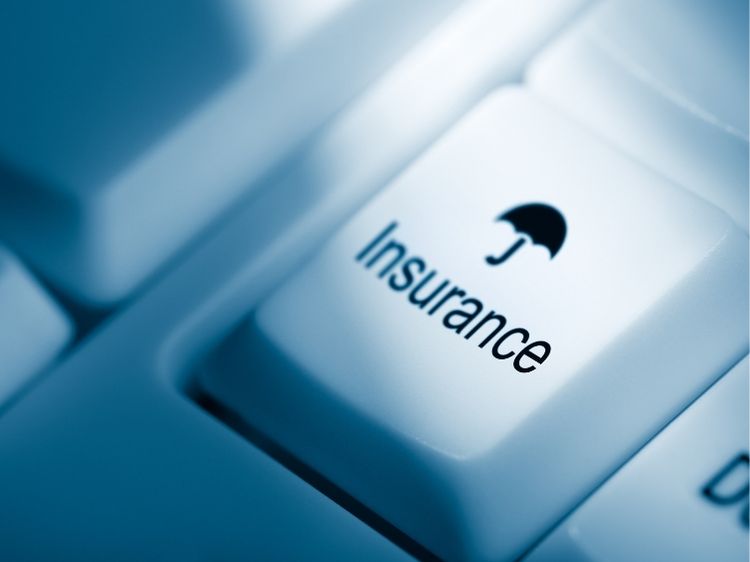Auto insurance isn’t just about fulfilling legal requirements—it’s a smart financial move that can save you from significant expenses in case of an accident. Whether you’re a new driver or have been on the road for years, understanding how auto insurance works and what coverage you need is essential. Let’s dive deep into the world of auto insurance and help you make informed decisions.
What Is Auto Insurance?
Auto insurance is a contract between you and the insurance company. In exchange for a premium, the company agrees to cover specific financial losses, like damage to your car or injuries to others, resulting from accidents or other events. But, with so many coverage options available, it can be tricky to figure out what you actually need.
Types of Auto Insurance Coverage
Not all auto insurance is the same. Depending on your state and individual needs, your policy might include different types of coverage. Here’s a breakdown:
- Liability Coverage
This is typically required by law. It covers damages or injuries you cause to others in an accident. Without liability insurance, you could be paying out of pocket for someone else’s hospital bills or vehicle repairs. - Collision Coverage
If your car is damaged in an accident—whether it’s a collision with another vehicle or an object like a fence—collision coverage will take care of the repairs. It’s not legally required but highly recommended. - Comprehensive Coverage
This covers damage not related to collisions, such as theft, vandalism, or natural disasters. If a tree falls on your car during a storm, comprehensive insurance has you covered. - Personal Injury Protection (PIP)
This covers medical expenses for you and your passengers, regardless of who caused the accident. It might even cover lost wages and other related costs. - Uninsured/Underinsured Motorist Coverage
Unfortunately, not everyone follows the law. If you’re hit by someone who doesn’t have enough insurance—or any at all—this coverage helps pay for your medical bills and car repairs.
Why Auto Insurance is Essential
Accidents are unpredictable, and without insurance, they can lead to enormous financial strain. Auto insurance ensures you won’t be left out in the cold, whether it’s paying for car repairs or medical bills. Additionally, auto insurance often offers legal protection, covering any legal fees that may arise from an accident you were involved in.
How to Choose the Right Auto Insurance Policy
Selecting the right auto insurance can feel overwhelming, but with a bit of guidance, it’s manageable. Here’s what to keep in mind when shopping for a policy:
- Assess Your Needs
Every driver is unique. If you drive an older car, you might not need comprehensive coverage. On the flip side, a new vehicle likely requires both collision and comprehensive coverage. Also, think about your lifestyle. Do you drive often? In areas prone to natural disasters? These factors will guide your choices. - Compare Quotes
Don’t settle for the first insurance company you find. Get quotes from at least three providers and compare not just the price but the coverage and benefits. Many companies offer online tools to make this easier. - Check for Discounts
Believe it or not, there are several discounts available. From safe driver discounts to bundling auto and home insurance, explore all the possible ways to save money. - Understand the Deductible
Your deductible is the amount you’ll pay out of pocket before your insurance kicks in. A higher deductible typically means a lower premium, but make sure you can afford the deductible if an accident occurs. - Review Customer Service
No one wants to be stuck on hold after an accident. Look for companies with a strong reputation for customer service, quick claims processes, and helpful representatives.
FAQs About Auto Insurance
- How often should I review my auto insurance policy?
It’s a good idea to review your policy annually. Life changes—like moving, buying a new car, or adding a teen driver—can affect your insurance needs. - Can my insurance rate go down over time?
Yes, your rate can decrease over time. Factors like maintaining a clean driving record, improving your credit score, and reaching certain age milestones can help lower your premium. - Is it necessary to have full coverage?
Full coverage isn’t a must for everyone. If you have an older vehicle, you might choose to skip comprehensive or collision coverage. However, if your car is financed, your lender may require it. - What factors affect my auto insurance premium?
Several factors impact your premium, including your driving history, age, location, type of vehicle, and credit score. Even your annual mileage can play a role. - Can I switch auto insurance companies anytime?
Yes, you can switch providers at any time. Just make sure you don’t have a lapse in coverage during the transition.
Auto Insurance Costs: What to Expect
The cost of auto insurance varies based on several factors, including:
- Your location: Rates are higher in urban areas due to increased traffic and higher chances of theft.
- Your driving history: A clean driving record will usually get you a better rate.
- Your vehicle: Luxury cars or models with high repair costs tend to have higher premiums.
- Your age and experience: Younger, less experienced drivers often face higher premiums.
- Your coverage choices: Opting for higher coverage limits and lower deductibles increases your premium.
Ways to Save on Auto Insurance
Saving on auto insurance doesn’t have to be complicated. Here are some tips:
- Bundle Policies
Many insurance companies offer discounts if you bundle multiple policies—such as home and auto insurance—under the same provider. - Increase Your Deductible
If you can afford a higher deductible, this is a quick way to reduce your premium. Just be sure to have enough savings set aside in case you need to pay it. - Drive Safely
Avoid speeding tickets, DUIs, and accidents. Over time, a clean driving record will lower your premium. - Improve Your Credit Score
Yes, your credit score affects your auto insurance rate! Pay bills on time and keep your credit utilization low to improve your score. - Ask About Low Mileage Discounts
If you don’t drive much, you may qualify for a low mileage discount.
Conclusion
Auto insurance is a crucial part of owning and operating a vehicle. It not only protects you from financial losses but also provides peace of mind on the road. Whether you’re looking for a basic liability policy or comprehensive coverage, knowing your needs and comparing your options will help you find the best policy.
Remember, regular policy reviews ensure your coverage keeps up with life changes, and safe driving habits can keep your premiums in check. Auto insurance isn’t just a legal necessity—it’s a vital safety net that can save you from financial disaster.
Authoritative Links:
- https://www.usa.gov/car-insurance
- https://www.iii.org/article/what-auto-insurance







